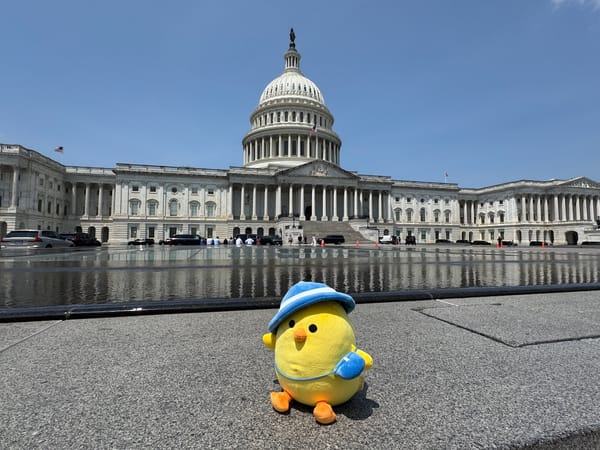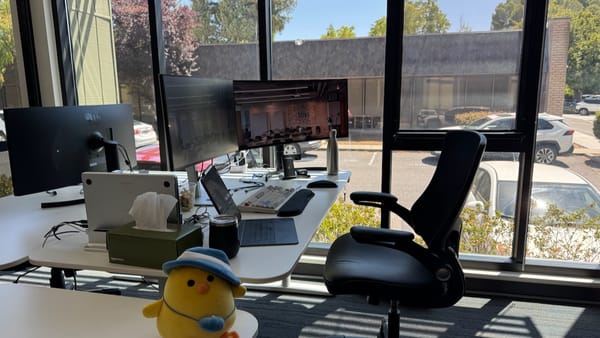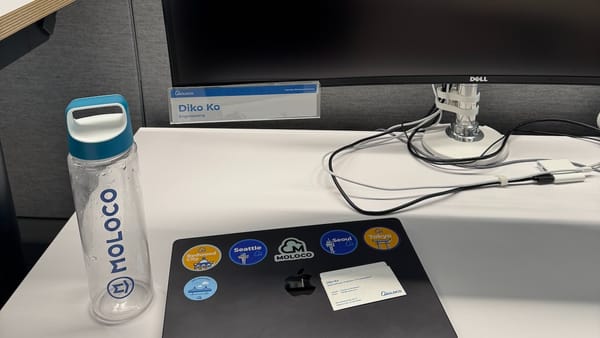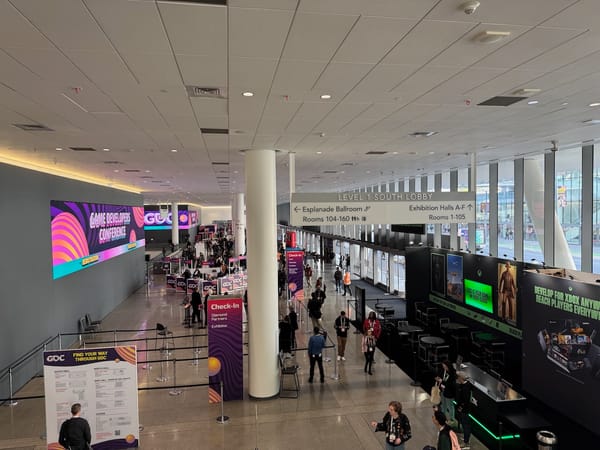GameStop Frenzy
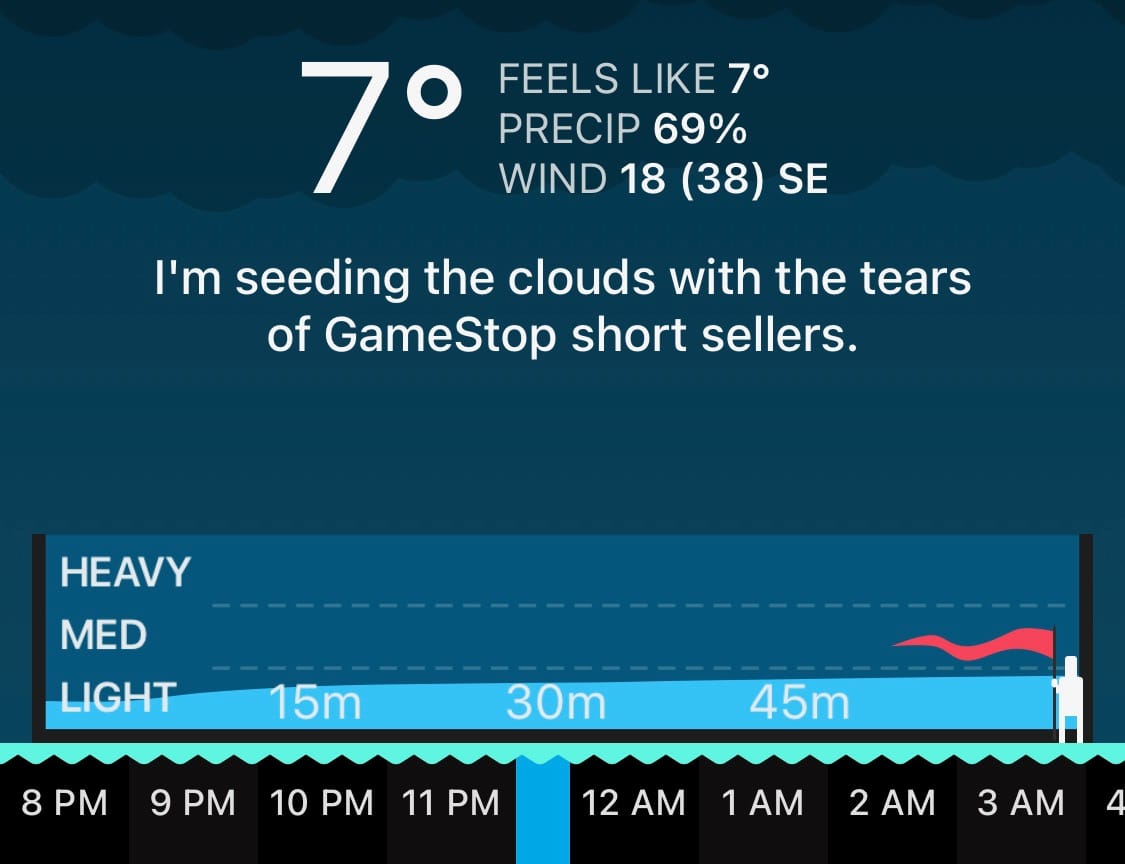
I have been a GameStop member since 2009. I love to visit their retail store (though I couldn't visit during this pandemic) and their print-version magazine (very rare these days) Game Informer. But GameStop was a center of a global issue last week for another reason - the stock market frenzy. It was something like a raid in an MMORPG to me. I was enjoying it as watching an e-sports game, then Robinhood poured oil over the flame.
I'm also using Robinhood to manage my stock assets. I was fascinated by its sleek app and usability, and (of course) the no customer fee policy. When I heard that it got a $65M fine, I overlooked it as I thought selling user data is a norm in a tech company.
However, I got to know that the fine was because they hid their main cash flow was coming from "the payment for order flow." It means that they were selling the order information to the high-frequency traders in real-time. Aha... The High-Frequency Traders... It reminded me of the book that I read several years ago - Flash Boys: A Wall Street Revolt (Michael Lewis).
High-frequency traders cut the network latency between stock exchanges by installing super high-speed network cables and residing near the exchange's data center. Yes, it is tons of investment. They exploit the tiny momentary (a few milliseconds or even nanoseconds are enough) timing gains. It is a tiny margin, but accumulatively, a massive bunch of profit.
In Flash Boys, the author explains how Brad Katsuyama built a new exchange "iex," and how it tried to prevent those high-frequency traders rigged the stock market: by slowing down the speed. When I read it, I was impressed that they coiled up the network cables around building columns to reduce the network speed (I majored in computer networks :) ). They intentionally add the network latency (around 380ms) to let all players have the same chance to participate in the game.
So, what does the payment for order flow means? I may give an overly simplified figure (though the actual must not be so simple as this). If I like to buy an Apple stock for $130, I send an order in the Robinhood app. But suppose Robinhood sells the info to high-frequency traders in real-time. In that case, the traders can buy it ahead of me by exploiting the information. Then, I cannot help but buying the stock for $130.05. I might have lost a nickel to save a penny.
Whoever won this game, I believe this is just a prelude to the next decade's profound socioeconomic change. But if I have to make a bet on this time, I bet on gamers. As John Carmack said: "When the market becomes a game, the gamers win."
Someone gave me a rather prophetic heads up on the GME excitement two and a half months ago. pic.twitter.com/3OhHKRt3rz
— John Carmack (@ID_AA_Carmack) January 31, 2021
